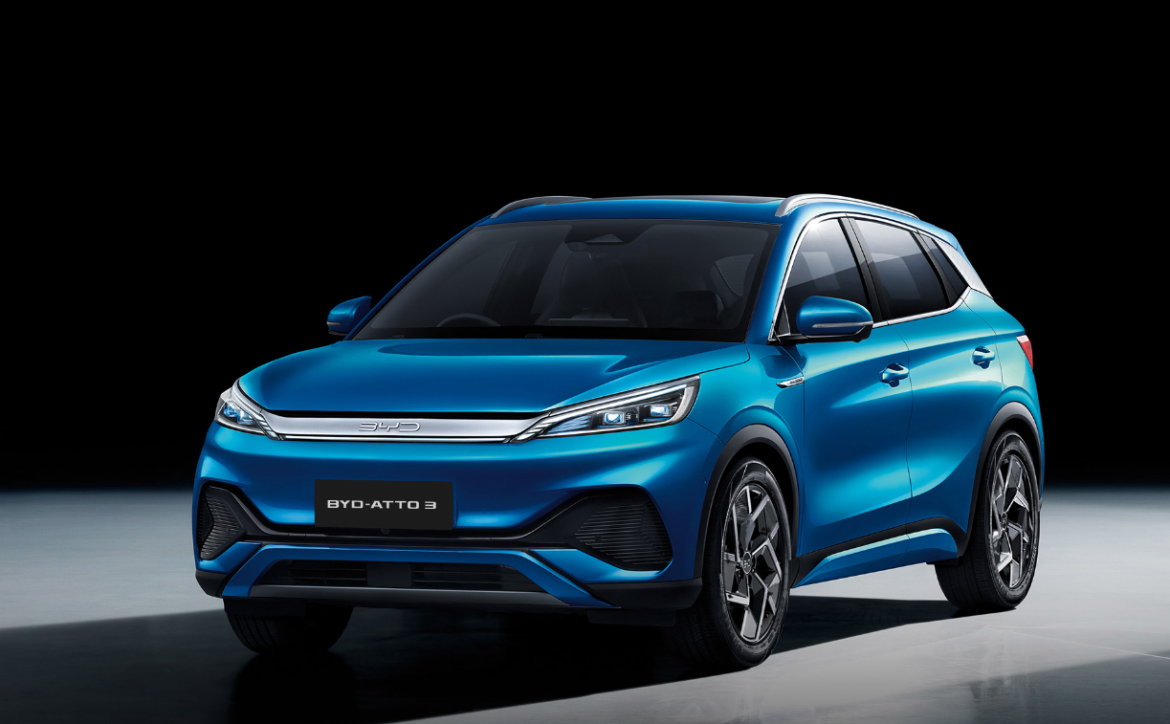In the first quarter of 2024, Brazil witnessed a significant surge in car imports, driven primarily by a flood of electric vehicles (EVs) from China. This surge comes ahead of rising import tariffs aimed at safeguarding local production and promoting domestic industry growth.
Rising imports
Data released by the Ministry of Development, Industry, Trade, and Services revealed a notable increase in passenger car imports, soaring by 46.4% to USD 1.5 billion compared to the same period last year. Chinese vehicles dominated this influx, accounting for approximately 40% of the total imports, with a staggering 450% surge from Q1 2023.
Shift to electric and hybrid Engines
Saulo Castro, the ministry’s statistics coordinator, attributed the spike in vehicle imports to purchases primarily from China, particularly of electric and hybrid engines. This shift underscores the growing global trend towards sustainable mobility solutions.
Tariff adjustments
Import taxes for electric and hybrid vehicles, previously set at zero since 2015, are undergoing adjustments to bolster the domestic auto industry. President Luiz Inacio Lula da Silva’s administration reinstated import tariffs, with electric vehicles facing a 10% tax since January, escalating to 18% in July and eventually reaching 35% by July 2026. Similarly, hybrid vehicles saw an increase from 15% to 25% in July, with the tariff set to hit 35% by July 2026.
Impact on import dynamics
Herlon Brandao, the ministry’s statistics director, highlighted the natural inclination of importers to accelerate vehicle imports ahead of impending tax hikes. However, he anticipates a slowdown in import growth as the import tariffs reach 35%, coupled with the establishment of local industries in Brazil.
Evolving market trends
Marcelo de Godoy, head of the vehicle importers association Abeifa, underscored the growing appetite for EVs in Brazil across both general and premium segments. He noted that the entry of Chinese automakers BYD and GWM has contributed significantly to meeting this burgeoning demand.
Investments in local production
Chinese automakers, including BYD and GWM, have announced substantial investments in local electric car production since last year. These investments align with Brazil’s evolving automotive landscape and the increasing adoption of electric mobility solutions.
Rising electrified car sales
According to the Brazilian Electric Vehicle Association (ABVE), sales of electrified cars in Brazil witnessed a remarkable surge of 145% in the first quarter compared to the same period the previous year, reaching 36,090 units. Leading the charge were BYD (14,939 units), followed by GWM (5,735 units) and Toyota (5,049 units).
The surge in car imports driven by Chinese electric vehicles underscores Brazil’s transition towards sustainable mobility and the evolving dynamics of the global automotive industry.



